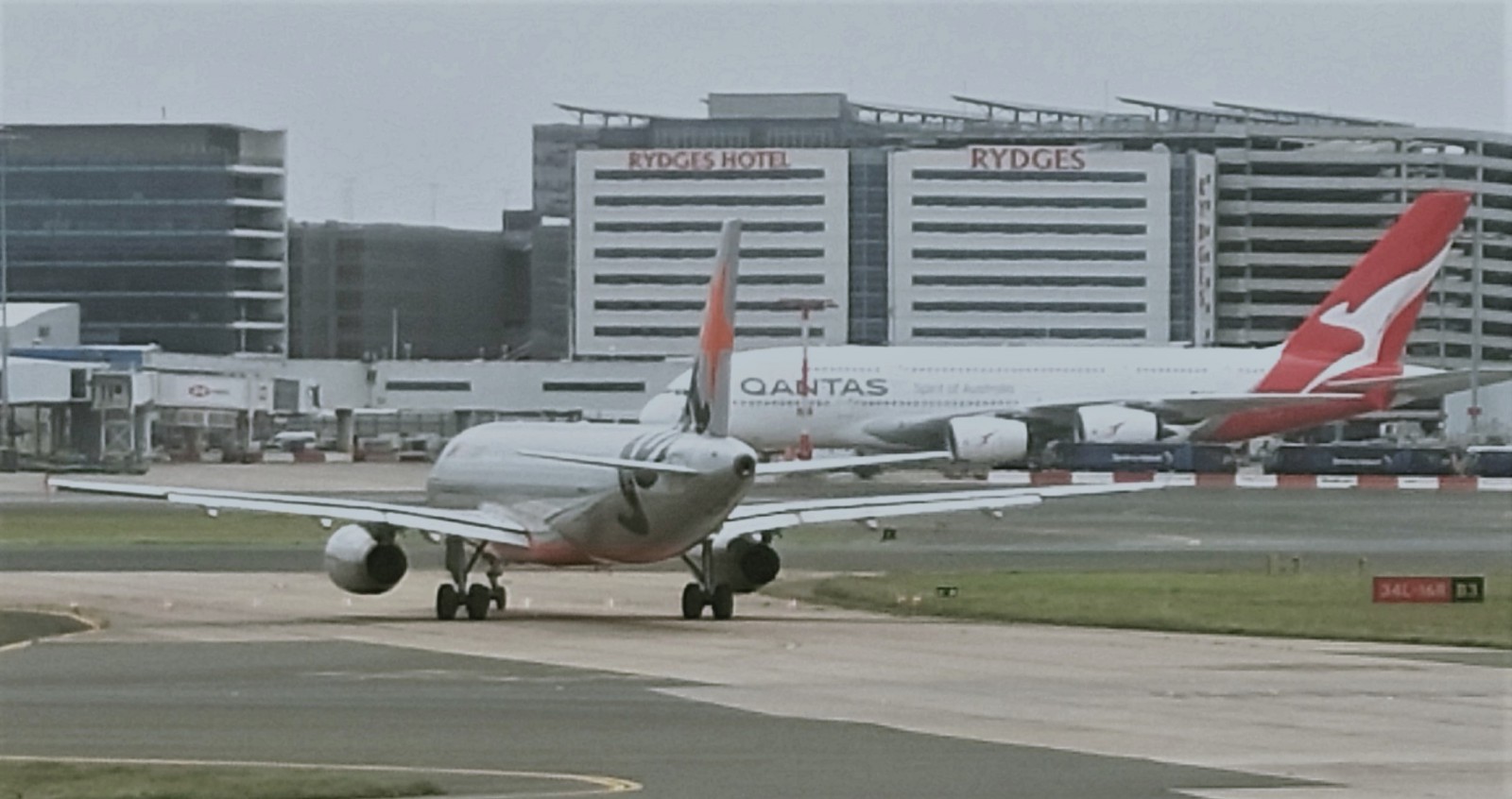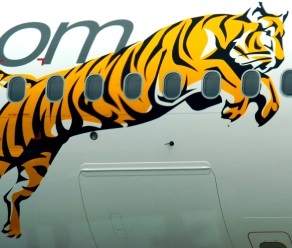Alarming survey highlights need to vaccinate aviation workers
13 July, 2021
4 min read


Australian governments are under pressure to prioritize vaccinations for aviation workers after a union survey found as many as half are not vaccinated.
The national survey of almost 800 cabin crew, pilots and cleaners, baggage handlers and ground crew found only about a third of workers had received two vaccine shots while another 22 percent had received one.
The results are alarming given the involvement of aviation workers and passengers in recent COVID outbreaks, including the current lockdown affecting Greater Sydney.
READ: United hopes to fly electric aircraft by 2026.
The survey, conducted by the Transport Workers Union and the Virgin Independent Pilots Association, found widespread concern among workers about the risk of contracting COVID-19.
Almost three quarters of cabin crew said they did not feel safe flying to COVID hotspots and 54 percent of cleaners and ground crew had safety concerns about servicing aircraft from hotspots.
Almost four in five cabin crew and pilots also supported rapid pre-flight tests for passengers and crew.
An issue for many workers was getting time off and employer assistance with rosters to allow them to get vaccinated.
“I’m a casual and only get a roster a few days in advance,’’ one ground worker said.
“ It’s impossible to book a time to be vaccinated without risking losing a day’s pay.”
The unions have called on Australian Prime Minister Scott Morrison to add aviation workers to vaccine priority lists but say they have had not had a response.
“This survey should ring alarm bells that there is a gaping hole in our fight to reduce the risk of COVID spread because only half of the people working in our airports, one of the most at-risk locations, have been vaccinated,’’ TWU national secretary Michael Kaine said.
“It has left it entirely up to workers to get themselves vaccinated, with many reporting difficulty in setting up appointments. Workers are also concerned about setting a date for vaccination and then work becoming available, forcing them to forgo pay.
“This is the economic reality for aviation workers: after a year of being stood down on little money, with mounting bills it is difficult to take time out for vaccination and its possible side effects.”
VIPA president John Lyons said the poor vaccination rate among aviation workers meant the entire community was at risk.
“Workers are telling us they want more information, time off work to get vaccinated so that it won’t conflict with roster changes, and assurances that they will be paid their usual wage if they get ill or are forced to self-isolate,’’ he said.
“The Federal Government needs to step up to fix the mess it has created for aviation workers.”
Qantas has only had one instance of transmission between passengers on a March 2020 flight carrying passengers from the Ruby Princess and experts agree that the risk of catching COVID on an aircraft is low.
Nonetheless, the airline supports the push to get all aviation workers vaccinated, although it noted the union poll did not reflect higher vaccination rates among Qantas and Jetstar crew.
"We’d like to see all aviation workers across the country be vaccinated and we’ve been strongly encouraging our employees to get vaccinated as soon as they can,'' a spokesman said.
“We wrote to the Federal Government back in April asking for domestic crews to be prioritised to get the vaccine and are in ongoing discussions with governments.
"New South Wales has made vaccines mandatory for workers with anything to do with international flights and other states are likely to follow.”
Virgin Australia pointed to its own survey in late June which found that 65 percent of its flying crew and customer-facing airport workers had received one or two doses of a COVID-19 vaccine or were registered to be vaccinated.
It also launched plans to incentivize all Australians, including staff, to get vaccinated through a national compteition.
It said it was making it easy for team members to attend vaccination appointments by providing flexible working arrangements, where possible, for employees to receive both injections.
Next Article
3 min read
Virgin gets nod for Tiger deal

Get the latest news and updates straight to your inbox
No spam, no hassle, no fuss, just airline news direct to you.
By joining our newsletter, you agree to our Privacy Policy
Find us on social media
Comments
No comments yet, be the first to write one.
